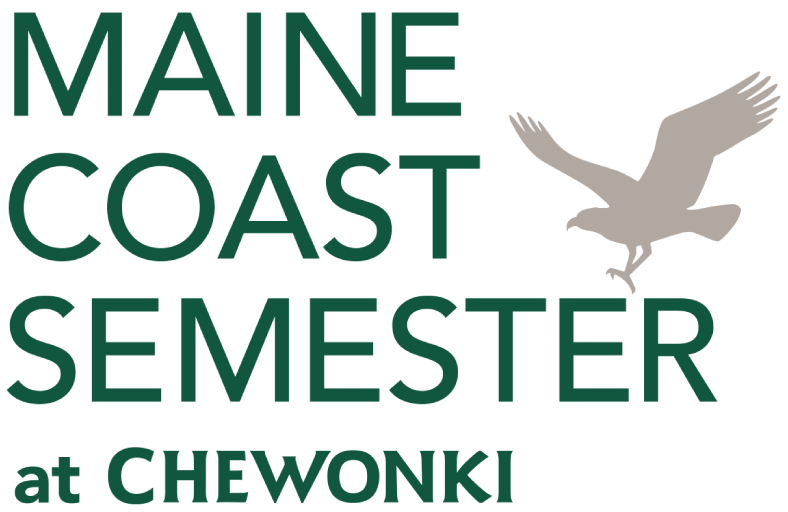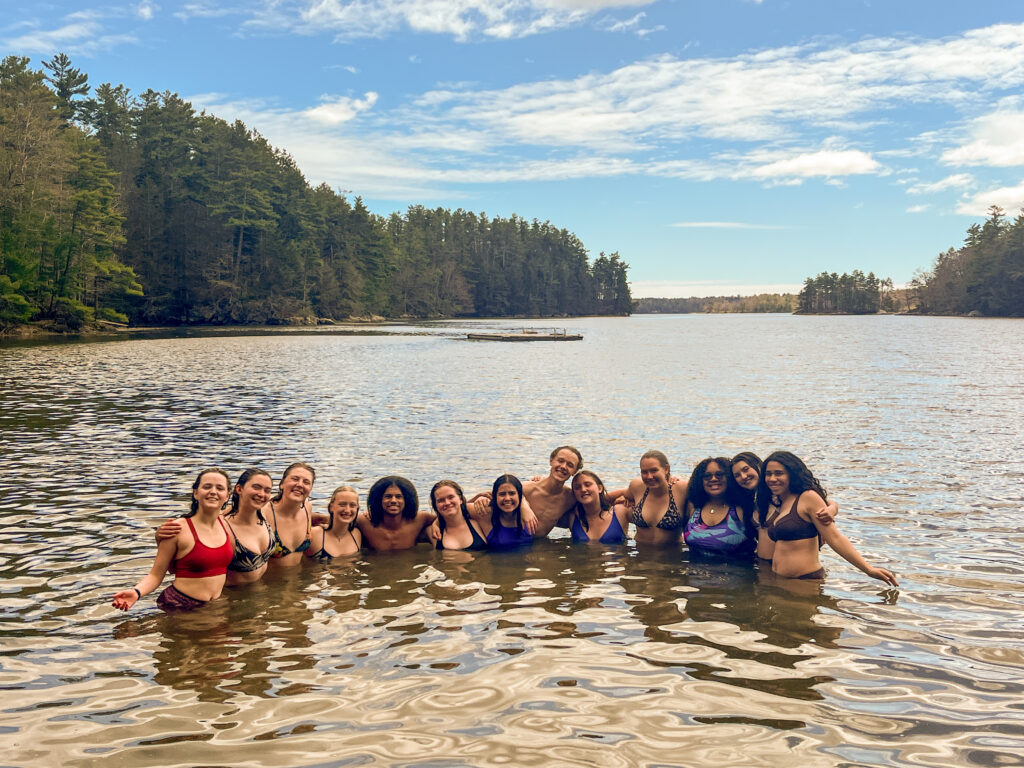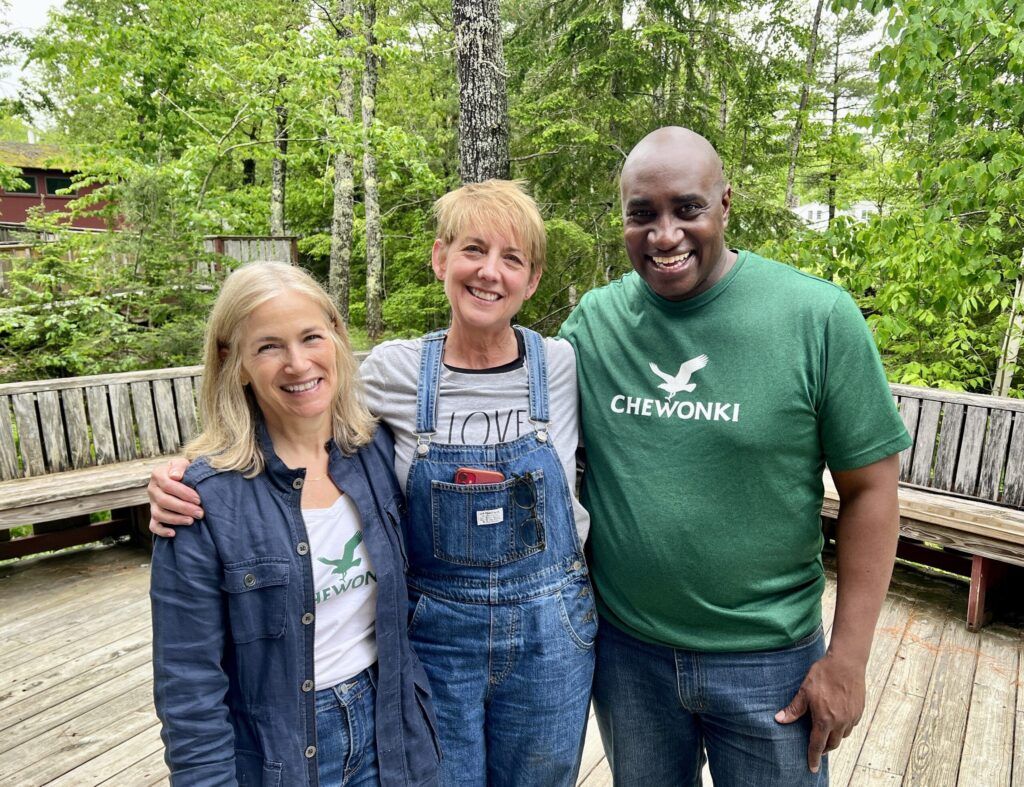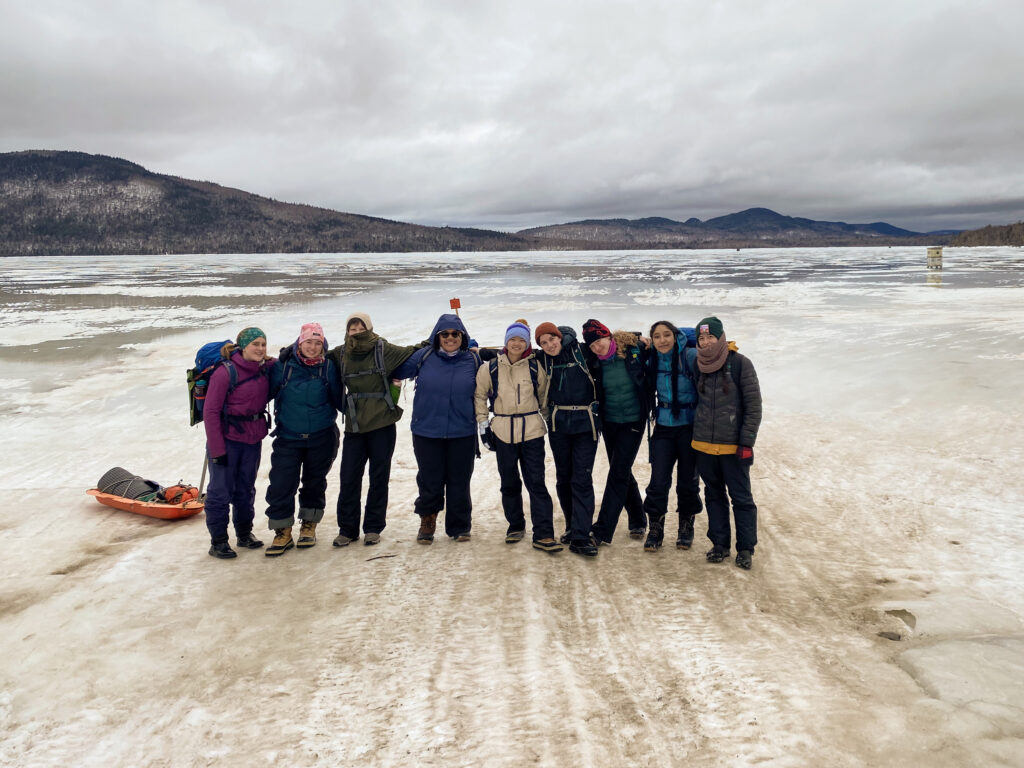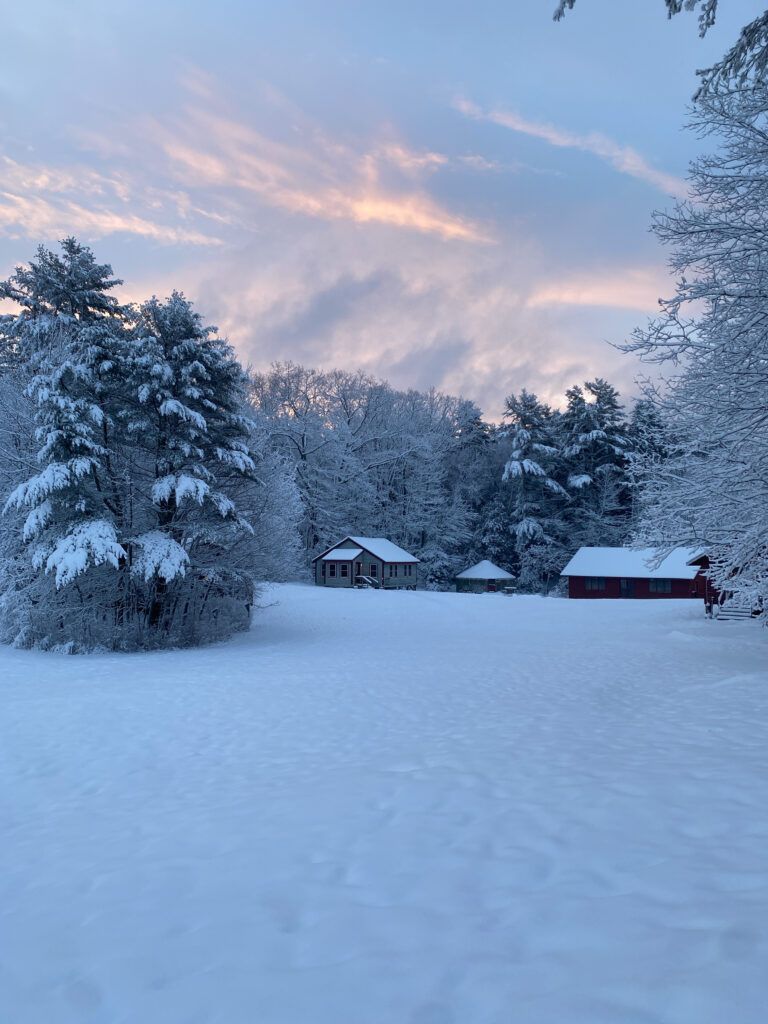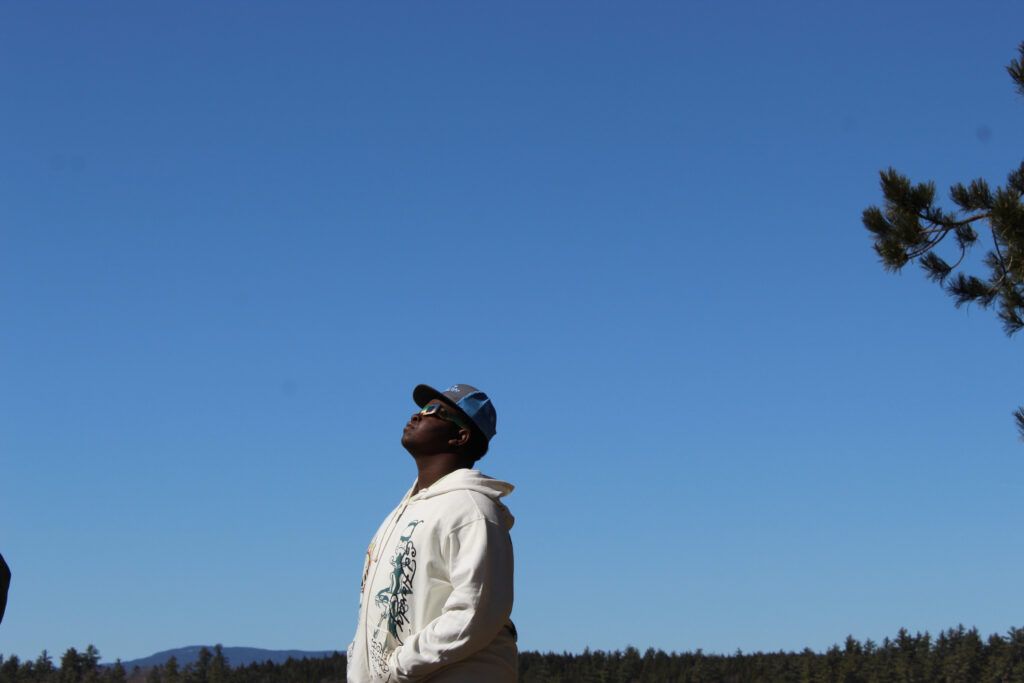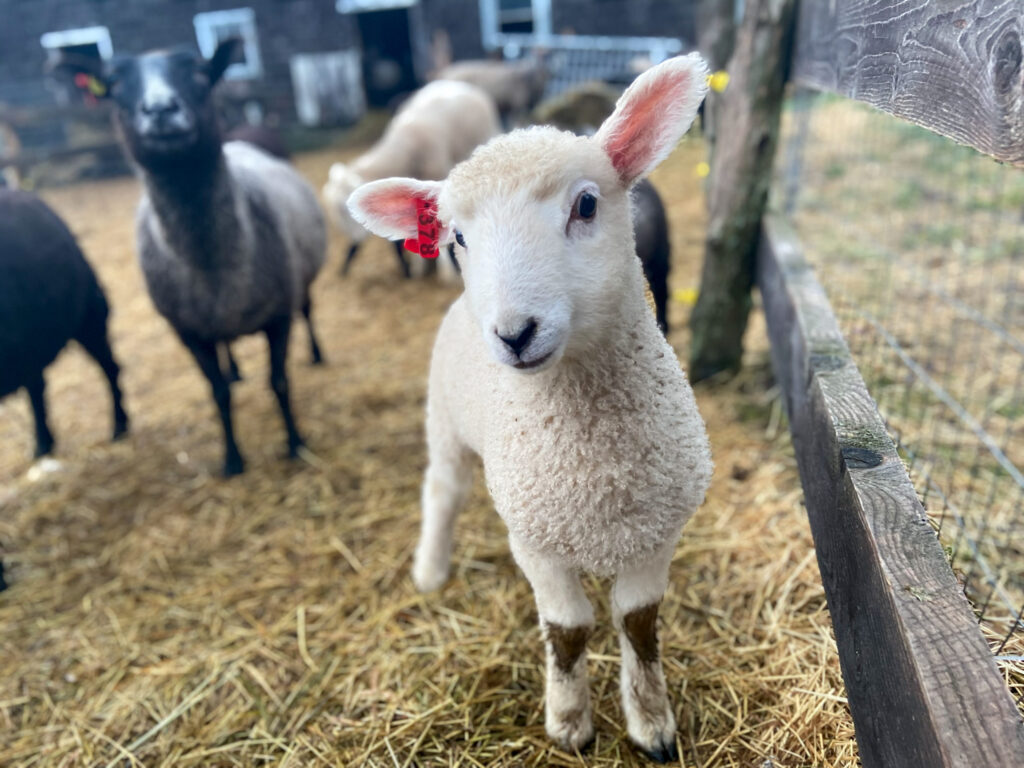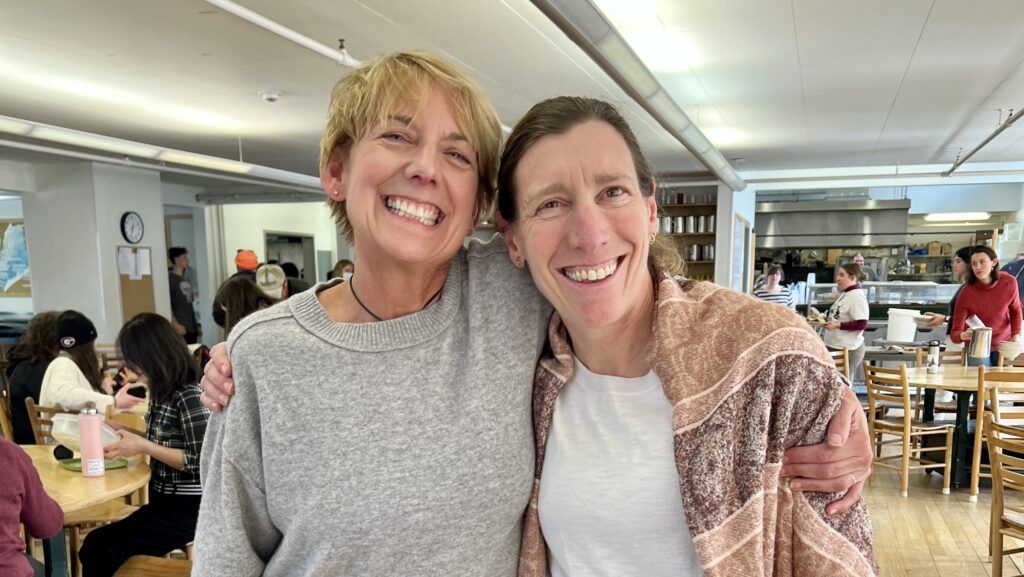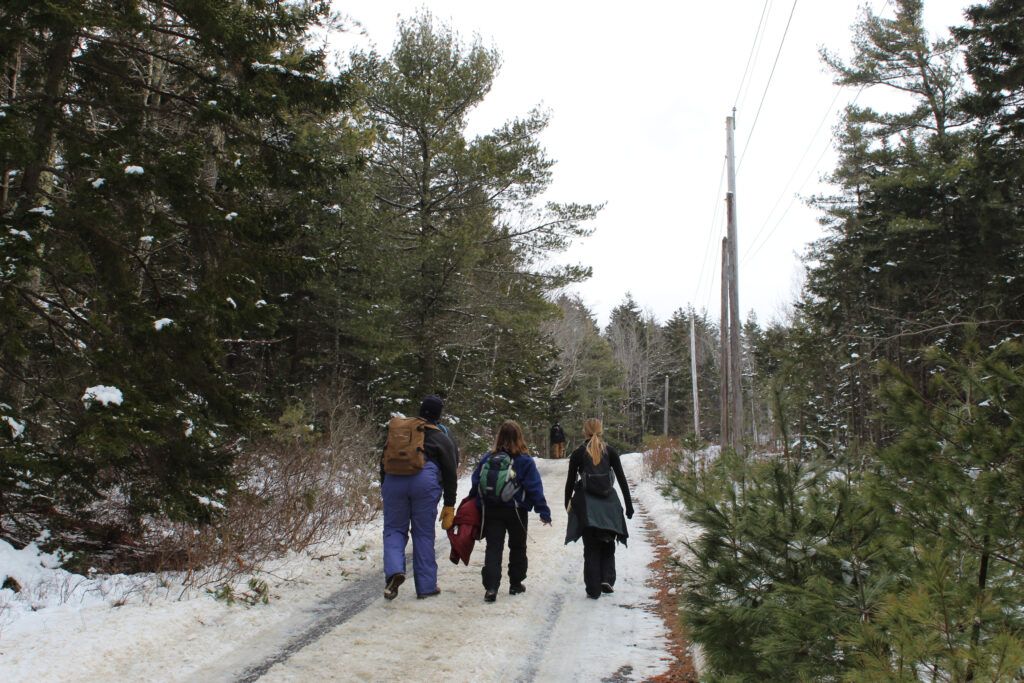Our entire staff recently participated in an anti-racism training facilitated by Martha Haakmat of Haakmat Consulting and Alissa Schwartz of Solid Fire Consulting. The consulting team specializes in organizational development within a diversity, equity, and inclusion (DEI) framework. They will be working with us over a multi-year period.
During the workshop, faculty and staff learned how to identify and intervene in common microaggressions that participants and staff might experience on campus. The group then practiced using more thoughtful modes of communication needed to create and sustain an anti-racist culture.
“Microaggressions, regardless of how unintentional, pick away at the integrity of our anti-racist work,” says Nancy Kennedy, Vice President of Camp Chewonki. “I feel it is both our job and responsibility to surface bias exhibited in microaggressions, name it, and learn from it.
This all-staff training was the second in a series of workshops that Haakmat and Schwartz are leading at Chewonki, building on previous professional development sessions over the past three years.
Developing a common vocabulary and set of skills related to anti-racism is an essential aspect of our DEI goals. Our commitment to equity and inclusion requires that our entire staff learn to identify and intervene in harmful situations. DEI training also allows us to reflect on how institutional racism is embedded in our organization, perpetuated by individual actions, and how we can work towards dismantling identity-based inequities.
“As an institution deeply committed to our DEI goals, we must end both the hurt and complicity in order to affect change,” says Kennedy.
Professional development sessions, like the most recent one devoted to anti-racism, have resulted in positive changes to our curriculum, the development of affinity groups and mentorship programs, and a more holistic approach to DEI championed by staff at all levels of our organization.
We serve thousands of students and campers each year from a wide range of identities, and to be successful, we have to create an environment where each child feels a deep sense of belonging. Diversity, equity, and inclusiveness are foundational elements of the transformational learning experience we provide.
Creating a genuinely equitable and inclusive experience at Chewonki requires ongoing reflection, discussion, and action. Our board approved our DEI statement in 2018 to guide this work and supports ongoing efforts to build our cultural competency and improve our programs. Our board is also participating in regular DEI training with Haakmat and Schwartz, separate from staff and faculty sessions.
This work is a process, and the pace, at times, can feel frustrating. At the same time, conversations have already begun to generate a sense of healing, a closer, stronger community, and a renewed commitment to our DEI goals.
Looking ahead, we plan to approve a new charge for our internal DEI committee in the coming days, and more staff and board training is on the horizon. We have also created an Indigenous Partners Working Group to focus on building culturally appropriate, reciprocal relationships with Maine tribes. Chewonki President Willard Morgan and one trustee will participate in First Light this fall, a learning journey that is “a bridge between conservation organizations and Penobscot, Passamaquoddy, Maliseet, and Micmac Communities… to expand Wabanaki access and stewardship of land…”
As always, we welcome thoughts and feedback from our community of families, alumni, and friends.
